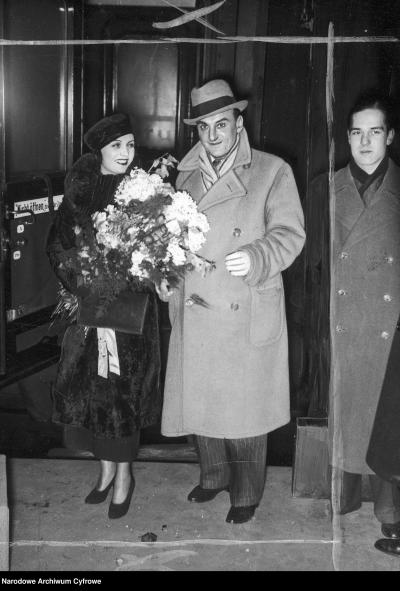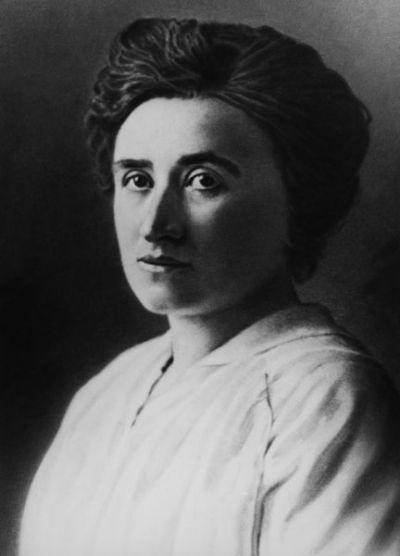Pola Negri

Pola Negri finished her ballet school in Warsaw almost by accident, or as many people jokingly say with the help of God, because the lively girl felt very uncomfortable in her monastery school in Warsaw. She was not only a very talented but also a very industrious student. That said, her career as a ballet dancer came to an end as a result of an illness. But her ambition and her will to be an actress brought her back to the stage. She took acting lessons from the famous drama teacher, Honorata Leszczyńska, where she learnt a huge amount at a very quick rate. Hence she made her theatre debut on 1st September 1912 in the Warsaw theatre “Teatr Maly”, playing the role of Anielka Dobrojska in Aleksander Fredro’s play “Śluby panieńskie” (The Girls Oath) at the tender age of 15. The critics reacted to her with great enthusiasm and theatres fought to engage her. Finally Kazimierz Hulewicz discovered her for the screen. He wrote a film script especially for her entitled “Niewolnica zmysłów” (The Slave of Passion), directed by Jan Pawłowski with Pola Negri in the leading role, which had its premiere on 25th December 1914. Once more Pola Negri’s performance was greeted with great enthusiasm. She appeared in eight further Polish films before continuing her career in Berlin. In 1917 the first German film featuring Pola Negri – “Happiness did not Fool me for Long“ by Kurt Matull – was shown in cinemas. Although she was unable to fulfil her potential to the full in her first German films she was nevertheless highly praised. It was only after she came into contact with the young and very talented director Ernst Lubitsch that she was able to take advantage of new opportunities to express herself artistically. Lubitsch’s major breakthrough came in 1918 with the premiere of his monumental film “The Eyes of Mummy Ma”. For Pola Negri this was the highest point in her career to date. Others were to follow. Thanks to Lubitsch and his films “Carmen” (1918), “Madame Dubarry” (1919) and “Sumurun” (1920) she began to get lucrative offers. Pola Negri’s performances also made her highly popular internationally.
During this time in Germany she was also called the “Duse of the Screen”, a reference to the famous theatre actress Eleonora Duse, and a clear sign of the general recognition of her talent and performances. She made over 20 films in Berlin until she received a lucrative contract from Paramount pictures in Hollywood. In 1922 – she was 25 at the time – Pola Negri flew to America where she was to become one of the very few superstars in the silent movie era. It was not until the end of the 1920s that her star began to decline and for this reason she decided to return to Germany. Germany in the 1930s had very little in common with what she knew from her first stay in Berlin. The Nazis were now in power and controlled every area of life including the cinema industry. At the mercy of Nazi propaganda she made only a very few films in Berlin, including pearls like “Mazurka” (1935), “Moscow - Shanghai” (1936) and “Tango Notturno” (1937). In 1938 she left Germany to return to America via France. But this time she was unable to repeat her previous successes. The silent movie era had come to an end and with it also its stars. Pola Negri remained in America until her death interspersed with only a few short visits to Germany. In 1964 the Berlin Film Festival showed a retrospective of her films. For the last time she showed herself on the red carpet, as captivating as ever – Pola Negri.
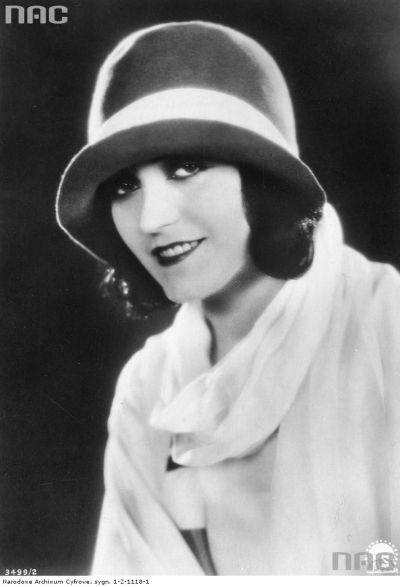
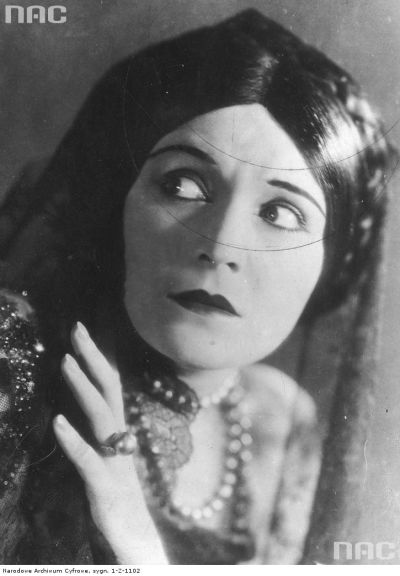
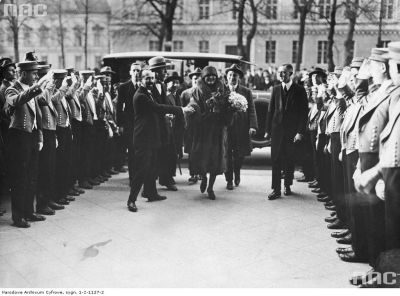
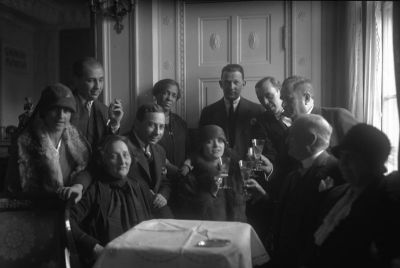
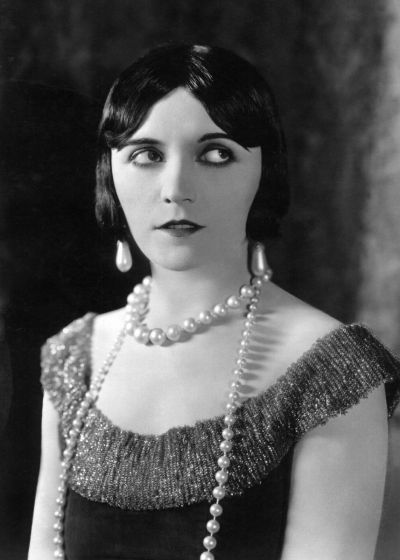
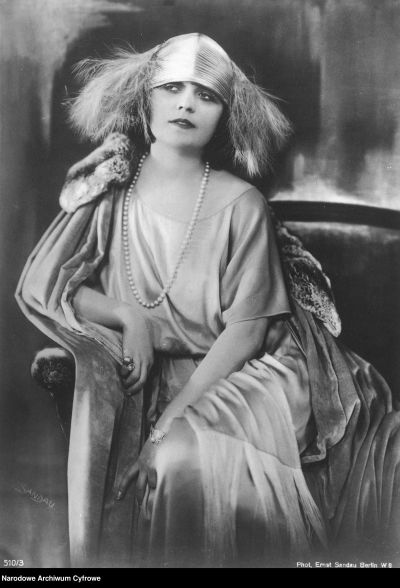
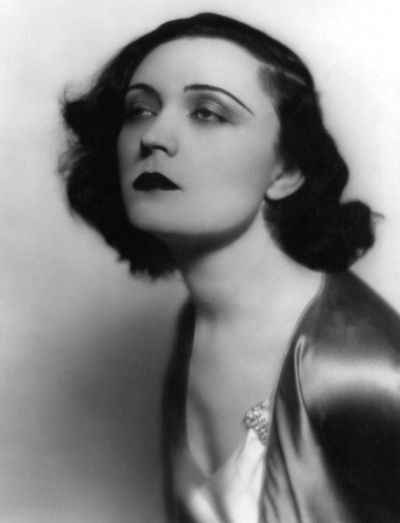

![„Pola Negri - unsterblich“ [‘Pola Negri - immortal’] „Pola Negri - unsterblich“ [‘Pola Negri - immortal’] - A film documentary about the life and work of one of Germany's greatest silent film stars of Polish origin. (German)](/sites/default/files/styles/width_100_tiles/public/pola_negri_-_filmstill_2_0.jpg?itok=2xsBI27X)
